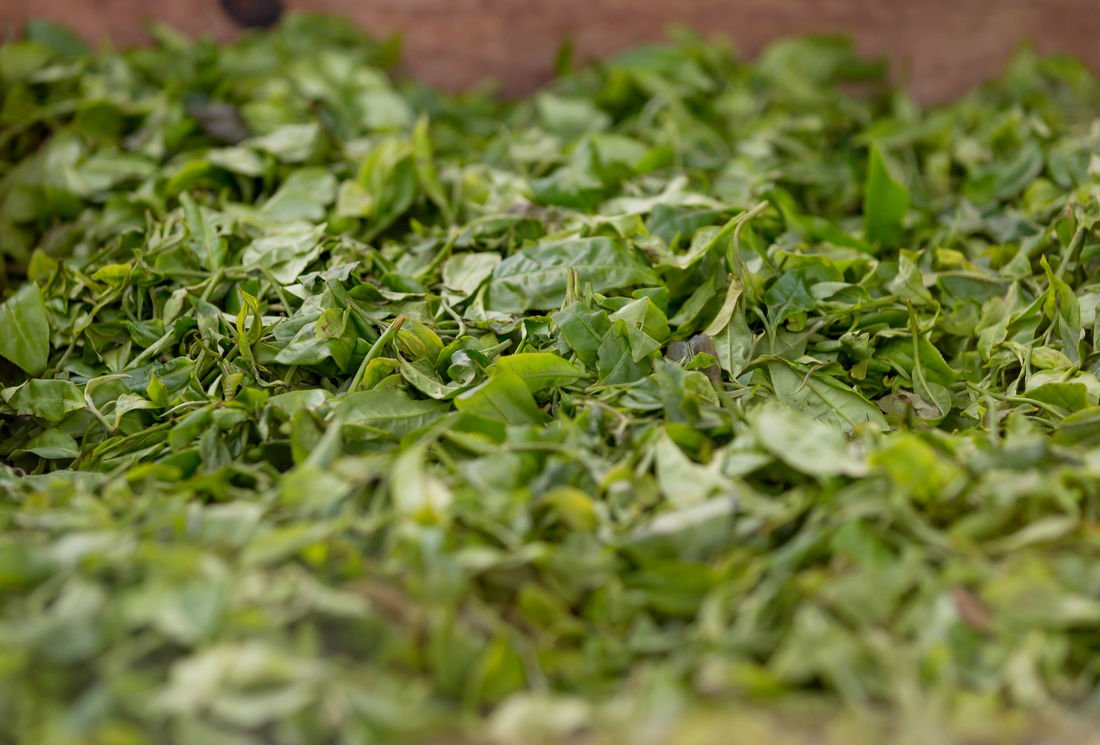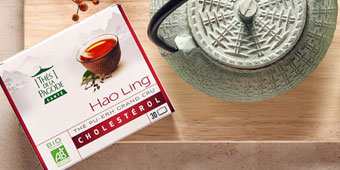Antioxidant molecules of tea (Camellia sinensis) decrease hepatic lipogenesis and steatosis in a high fat-sucrose diet NAFLD rat model

Recent studies suggested that oxidative stress could trigger lipid accumulation in liver and thus subsequent development of hepatic steatosis which contributes to alter blood lipid level leading to increase cardiovascular risk factors. Tea has been described to prevent liver disorders and decrease cardiovascular risk.
However, whether tea decreases oxidative stress and thus prevents hepatic steatosis has never been investigated. Therefore we aimed to investigate the effects of tea on oxidative stress and lipid accumulation in a rat model of high fatsucrose diet (HFS) induced metabolic syndrome (fed during 14 weeks) and in isolated rat hepatocytes.
Wistar rats were randomly divided into three groups: Ctrl, HFS and HFS+Tea rats which had free access to tea infusion drink instead of water (n=15). Lipid profile of the liver, lipogenesis gene expression and oxidative stress were measured in each group of rat.
Isolated hepatocytes were treated with the ROS inducer t-BHP in the presence or not of antioxidant tempol or tea. Then, superoxide anion production and lipid accumulation were measured using specific fluorescent probes. We reported that HFS diet-induced elevated hepatic lipid content by enhancing lipogenic gene expression in HFS rats compared to Ctrl ones. HFS diet-induced hepatic steatosis was attenuated by tea which was mainly associated with decrease hepatic oxidative stress and increased plasma total antioxidant capacity.
The key role of antioxidant properties of tea in such phenomenon was confirmed in primary culture of rat hepatocytes. Indeed, we reported that increased ROS production with t-BHP resulted in lipid accumulation in hepatocytes, which was normalized by both tempol and tea.
To conclude, we clearly reported that the antioxidant properties of tea protect rats from HFS diet-induced hepatic steatosis via its anti-lipogenesis effects. The consequence of such nutritional strategy on cardiovascular risk factor would constitute the next step of this work.
Laura Braud * (1), Sylvain Battault (2), Grégory Meyer (2), Alessandro Nascimento (2), Sandrine Gaillard (1), Georges De Sousa (3), Roger Rahmani (3), Catherine Riva (2), Martine Armand (4), Cyril Reboul (2), Jean-Michel Maixent (1)
(1) Université de Toulon, La Garde, France – (2) Université d’Avignon, Avignon, France – (3) INRA, Sophia-Antipolis, France – (4) Université d’Aix-Marseille, CNRS, Marseille, France
Source : Braud, Laura; Peyre, Ludovic; De Sousa, Georges; Armand, Martine; Rahmani, Roger; Maixent, Jean-Michel. 2015. « Effect of Brewing Duration on the Antioxidant and Hepatoprotective Abilities of Tea Phenolic and Alkaloid Compounds in a t-BHP Oxidative Stress-Induced Rat Hepatocyte Model. » Molecules 20, no. 8: 14985-15002.
Les produits associés à cet article :
Lire aussi sur le même thème

Défenses naturelles et thé
Pour activer nos défenses immunitaires naturelles notamment aux changements de saison, on mise sur les bienfaits du thé. Notre système immunitaire joue un rôle essentiel ...

Comprendre le taux de cholestérol dans le sang
Le cholestérol est une substance grasse indispensable au bon fonctionnement de notre organisme. Toutefois, un taux de cholestérol trop élevé peut entraîner des problèmes ...

